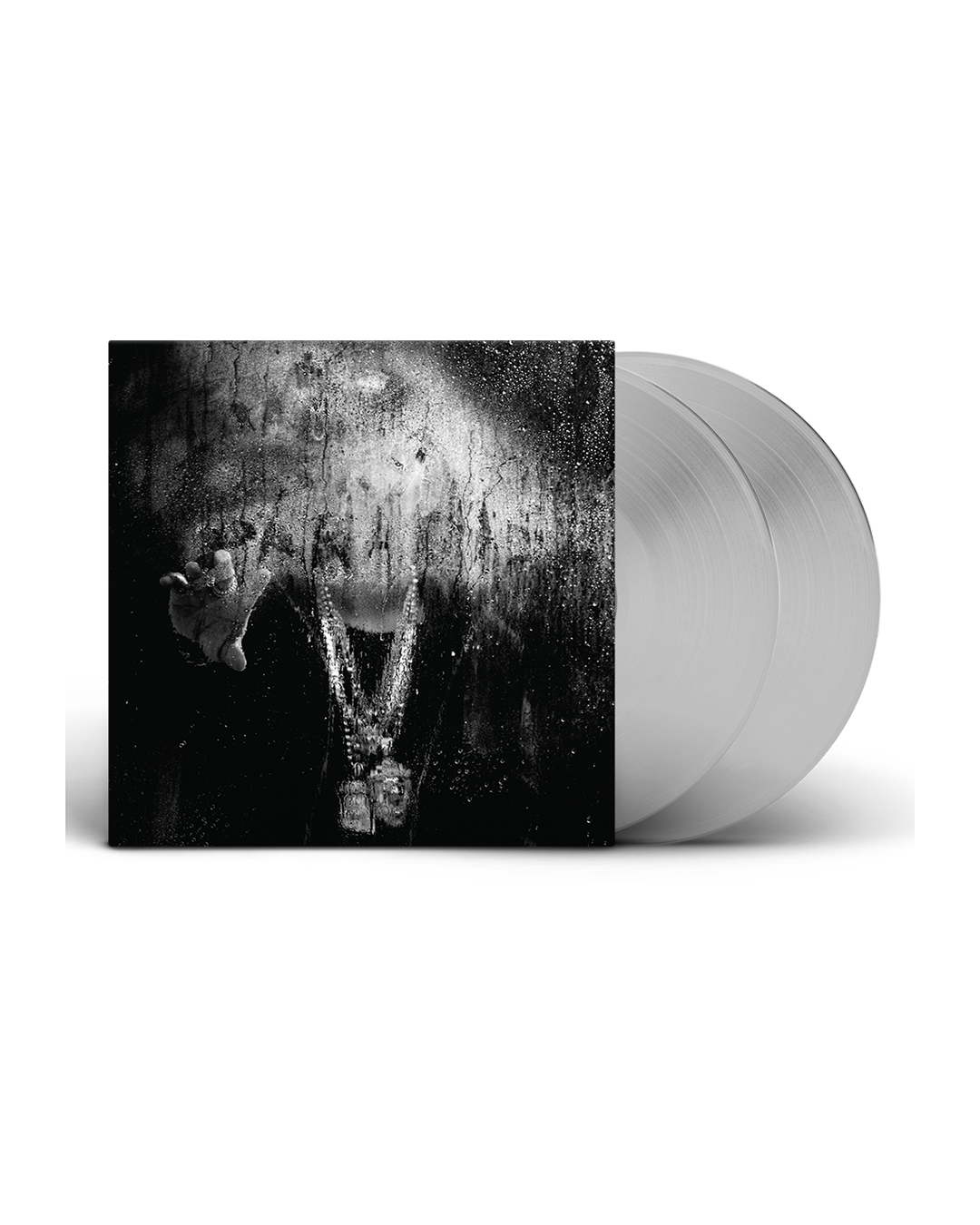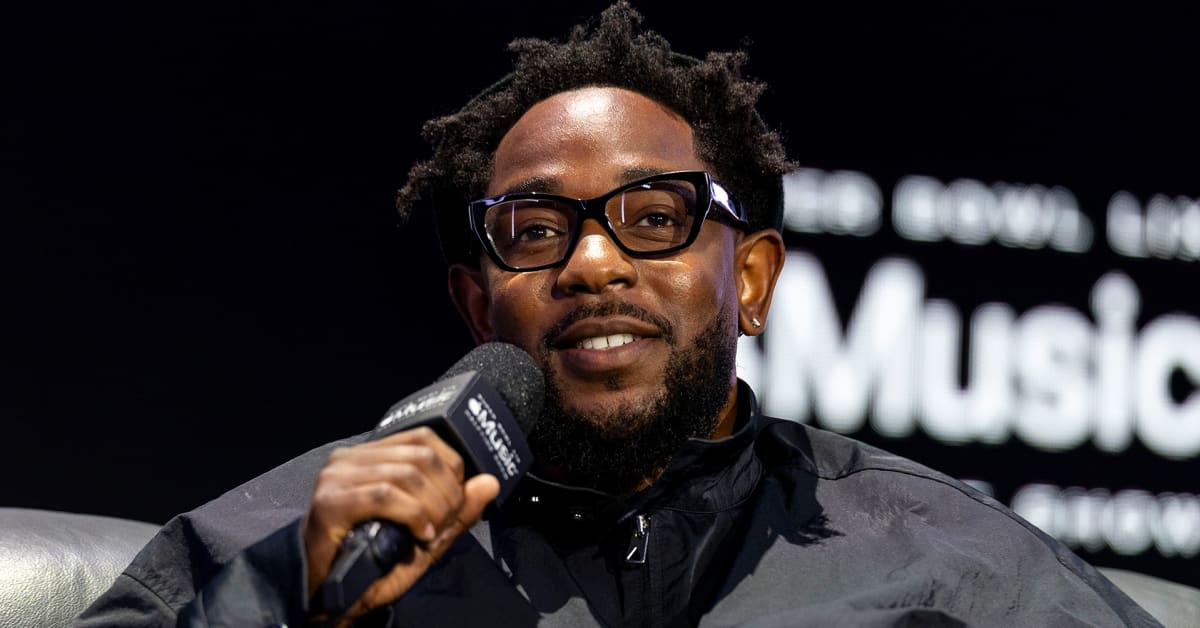Remember that fiery verse on Kendrick Lamar’s “The Heart Part 5” that sent the internet into a frenzy? The one seemingly aimed at Drake’s “Euphoria”? Well, Punch, TDE’s in-house maestro, has just thrown some gasoline on that already raging fire. He claims Kendrick intentionally toned down the diss, leaving fans to wonder: what really went down behind the scenes?

Punch Pulls Back the Curtain: The Untold Story of “Euphoria”
Punch’s Revelation: The Longer Version

In a recent interview with Curtis King TV, Top Dawg Entertainment’s Punch, the co-president of the influential label, revealed an intriguing detail about Kendrick Lamar’s acclaimed track “Euphoria.” Punch confirmed the existence of an extended version of the song that was originally intended to be significantly longer than the 6-minute piece that ultimately graced Lamar’s album DAMN.
When asked about the persistent rumors of an 18-minute “Euphoria,” Punch acknowledged the veracity of these reports, stating, “I don’t know the length, but it was definitely longer. It was definitely longer than the version that the world got.” He went on to explain that the decision to shorten the song was a strategic one, indicating that certain elements within the original composition were deemed unsuitable for release. “There’s a lot of stuff that didn’t make it on there…There was just some things in there that I didn’t think would have been beneficial in the long run to put in there,” he confided.
While Punch remained tight-lipped about the specific content that was ultimately excised from “Euphoria,” his insights offer tantalizing glimpses into the creative process behind one of Lamar’s most potent tracks.

Dissecting the Deleted Bars
The revelation of an extended “Euphoria” has ignited speculation among fans and critics alike about the nature of the removed content. Given the song’s explicit disses aimed at Drake, it’s highly plausible that the deleted verses contained even more pointed and aggressive lyrical attacks.
This theory is further strengthened by the fact that Kendrick Lamar and Drake engaged in a highly publicized lyrical back-and-forth throughout 2023. Lamar’s “Euphoria” served as his initial response to Drake’s “Push Ups,” a diss track that fueled the escalating feud. The subsequent exchange included a total of five tracks from both artists, each laden with thinly veiled barbs and direct insults.
It’s conceivable that some of the more incendiary verses from the extended “Euphoria” found their way onto later diss records, such as Lamar’s fiery track “Not Like Us,” which further intensified the conflict.
The exact details of what was ultimately omitted from “Euphoria” remain shrouded in mystery, but the possibility of even more scathing lyrics directed at Drake adds another layer of intrigue to an already fascinating track.
The TDE and Drake Feud: A Timeline
Lyrical Back-and-Forth
The Kendrick Lamar and Drake rivalry, which intensified in 2023, is marked by a series of pointed lyrical exchanges. It began with Drake’s “Push Ups” on his album “Her Loss,” widely perceived as a jab at Lamar and his associates at TDE. In response, Lamar crafted “Euphoria,” a track that directly addressed Drake, albeit in a more cryptic manner than an overt diss track.
The lyrical sparring continued with Drake’s “Circo Loco,” which some interpreted as a direct reply to Lamar’s “Euphoria.” Lamar, in turn, seemed to address Drake again through his guest verse on “Not Like Us,” a track on the GNX album. This back-and-forth fueled speculation and dissected by fans who eagerly analyzed each line for hidden meanings and subliminal messages.
Impact on Artist Careers
The feud, while generating significant buzz and media attention, has arguably had a minimal direct impact on the careers of either artist. Both Lamar and Drake remain at the pinnacle of their respective genres, consistently topping charts and influencing musical trends.
Lamar, known for his introspective and socially conscious lyrics, might have benefited from the renewed attention “Euphoria” garnered. The attention surrounding the feud likely contributed to the increased streams and sales of his music during that period. For Drake, who often incorporates personal experiences and relationships into his music, the feud served as a potential source of inspiration for his own creative output.
Implications for Music Fans
Desire for Unreleased Material
The revelation of an extended version of “Euphoria” with potentially more explicit disses towards Drake has ignited a fervent desire among fans to hear the full, unedited track. This craving for unreleased material is a common phenomenon in the music industry, driven by the insatiable appetite for exclusive content and the allure of the unknown.
Artistic Choices Behind Editing
Punch’s decision to shorten “Euphoria” raises questions about the artistic choices involved in shaping a final release. It highlights the crucial role of A&R (Artists & Repertoire) executives in guiding an artist’s vision, balancing creative expression with commercial considerations. In this instance, Punch’s intervention likely aimed to avoid escalating the feud unnecessarily and maintaining a certain level of artistic integrity.
Online Culture and Music Discourse
The online sphere has undeniably transformed the landscape of music discourse, amplifying fan theories and speculation. Social media platforms provide a space for fans to dissect lyrics, analyze music videos, and engage in passionate debates about artists and their work. The “Euphoria” situation exemplifies how online platforms can generate intense interest and anticipation for unreleased material, shaping the narrative surrounding a musical release.
The potential impact of an unedited “Euphoria” underscores the complex interplay between artistic expression, commercial interests, and the ever-evolving dynamics of online culture.
Conclusion
So, Punch says Kendrick dialed down the “Euphoria” Drake diss, claiming it was originally way more pointed. This throws a whole new light on the track, leaving us wondering what the original lyrics might have been and how they would’ve impacted the narrative. It raises questions about artistic expression, censorship, and the power dynamics within the music industry.
Ultimately, “Euphoria” remains a complex and intriguing piece, layered with meaning and open to interpretation. This revelation about the potential for a more aggressive message adds another dimension to the song, sparking debate and discussion about the art of subtlety and the complexities of celebrity feuds. One thing’s for sure: the story behind the music is just as captivating as the music itself, reminding us that even in the seemingly polished world of hip-hop, there are always deeper layers waiting to be explored.
What does this tell us about the creative process and the decisions artists make to shape their public image? Are we missing out on a more raw and unfiltered Kendrick Lamar? The conversation continues.